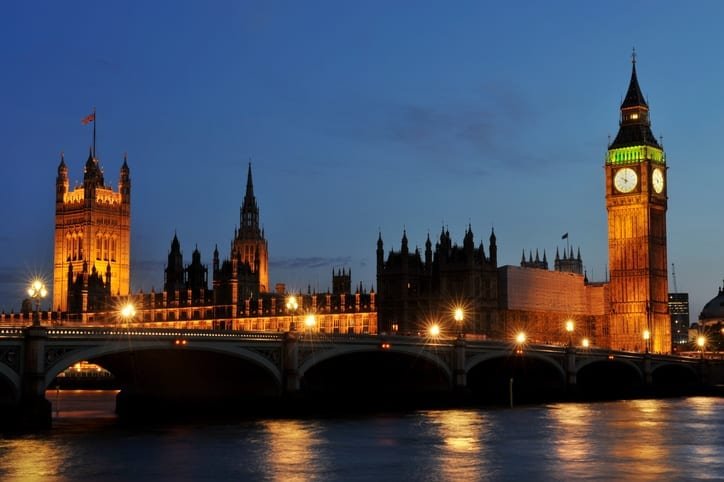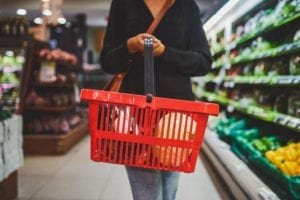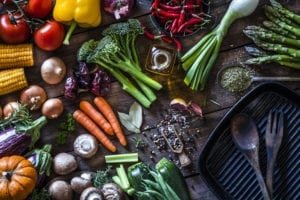Animal agriculture and GHGs
1.2 billion terrestrial farmed animals are raised for food in the UK every year, with around 3.4 million animals slaughtered every day. This equates to 143,200 per hour, 2,400 per minute and 40 every second.
Reducing meat and dairy is the single biggest action we can take to avoid catastrophic climate change.
Animal agriculture is responsible for an estimated 14.5% of GHG emissions globally – roughly equivalent to the exhaust emissions of every car, train, ship and aircraft on the planet.
The Environmental Audit Committee’s 2019 report Our Planet, Our Health highlights the importance of adopting healthy and sustainable diets.
It recommends a 20% reduction in meat and dairy consumption and shifting away from intensive livestock production systems.
Similarly, the Climate Assembly UK suggested in The path to net zero report 2020 that British citizens should eat lower-carbon foods, including at least 40% less red meat and dairy.
In the UK 20% of 16- to 24-year-olds and 12% of adults follow a vegetarian or vegan diet. Nearly half (44%) of people in Britain either do not eat meat, have reduced the amount of meat they eat or are considering cutting down.
Food in the House of Commons
According to HSI/UK’s GHG assessment on HoC Catering food procurement data from February 2020, HoC Catering’s overall carbon footprint from food amounts to 376 tonnes CO2-e per month.
This equals 4513 tonnes CO2-e per year, the same as 2769 cars driven an average annual mileage in the UK, or alternatively, equivalent to heating 1929 homes in the UK for a year.
Animal-based products (meat, fish, dairy and eggs) account for 72% of the GHG emissions of food purchased by Parliament, while plant-based products (grains, pulses, fruit, vegetables and alternatives) account for just 28% of the GHG emissions.
Dairy is the food group contributing the largest proportion of the GHG emissions, at 30%. Meat and fish together contribute 39% of total emissions.
Calculations show that replacing 50% of meat, dairy and fish with plant-based alternatives would achieve a combined savings of 115 tonnes of CO2-e per month, reducing the overall food footprint by 31%.
Adopting a more seasonal menu would further assist in decreasing HoC Catering’s carbon emissions.
The report identifies 20 ‘hotspot’ products in Parliament’s food purchase contributing the highest GHG emissions.
Together, these 20 items, of which 17 are animal-based, account for 44% of the total GHG emissions of Parliament’s food.
HSI/UK contacted the director of HoC Catering to provide them with the findings of the report, and to offer plant-based culinary training to their chefs as part of HSI/UK’s Forward Food programme.
The 2021 United Nations Climate Change Conference, also known as COP26, is the largest climate conference in the world and scheduled to be held in Glasgow, United Kingdom under the presidency of the UK Government next year.
HSI/UK is also urging the UK government, as the host of COP26, to serve planet-friendly plant-centric food to delegates.
 Play Video about This Rock Might Just Save The World
Play Video about This Rock Might Just Save The World Play Video about Play 2 hours of rock
Play Video about Play 2 hours of rock Play Video about Play 2 hours of brook
Play Video about Play 2 hours of brook Play Video about Play 2 hours of sheep
Play Video about Play 2 hours of sheep















































